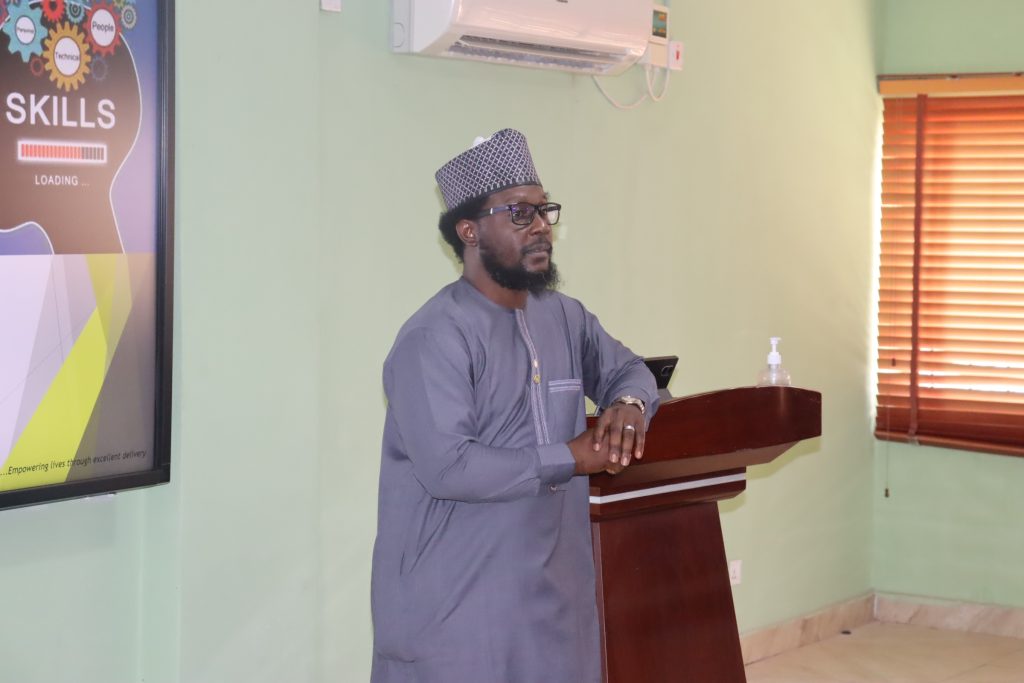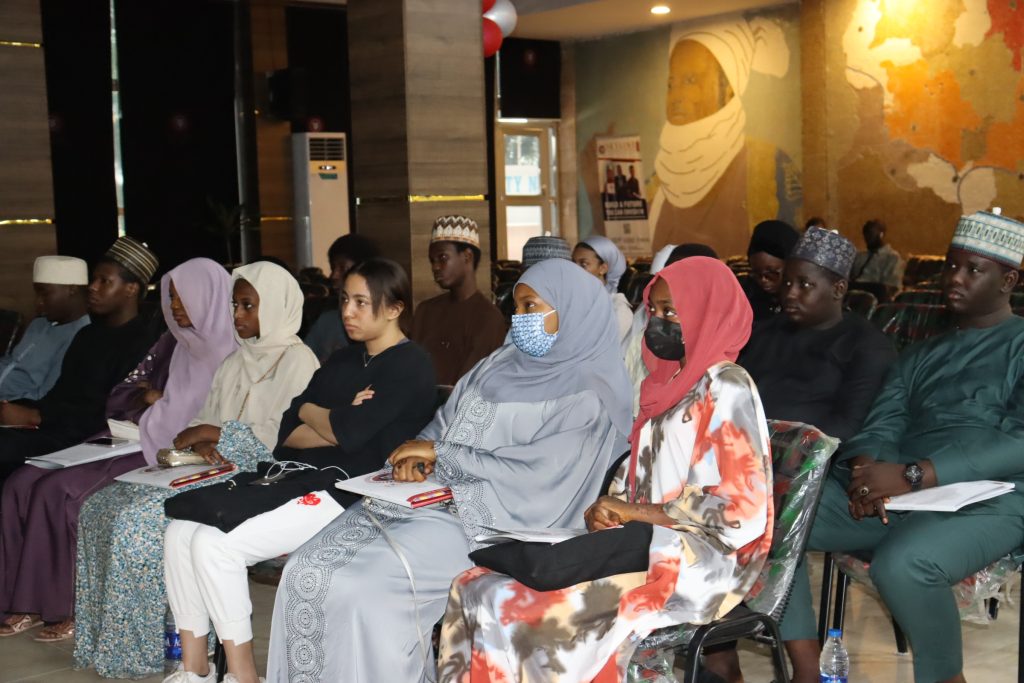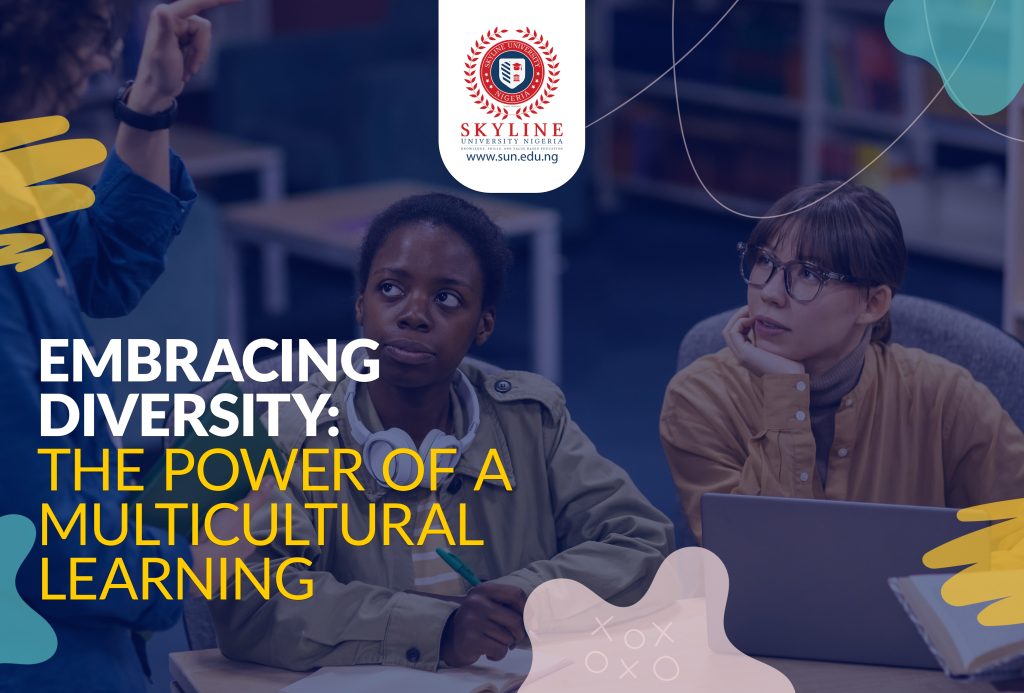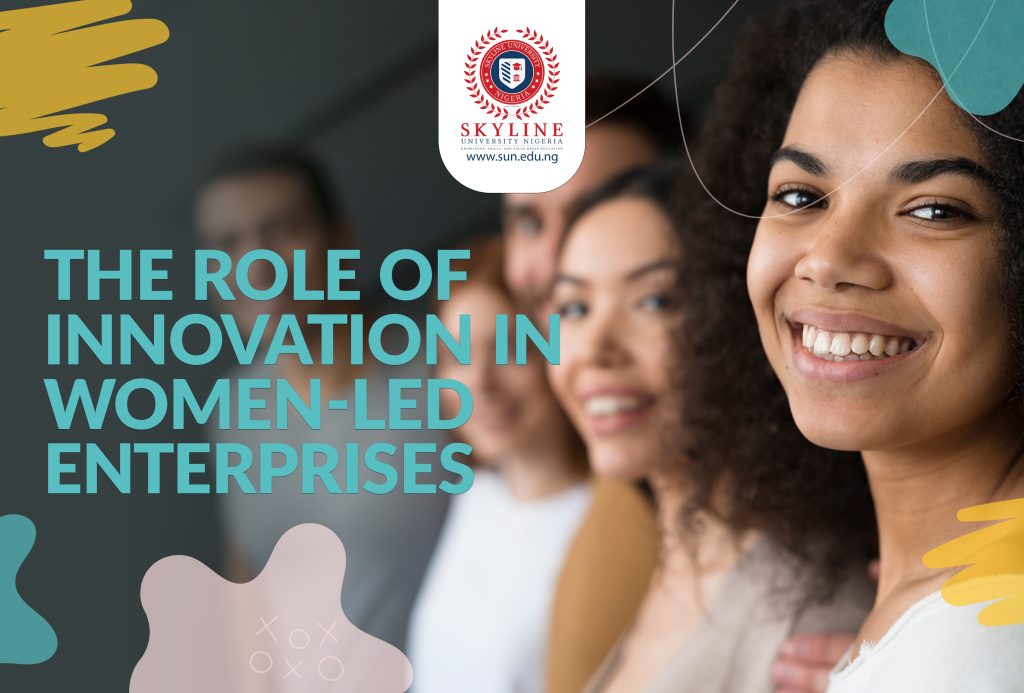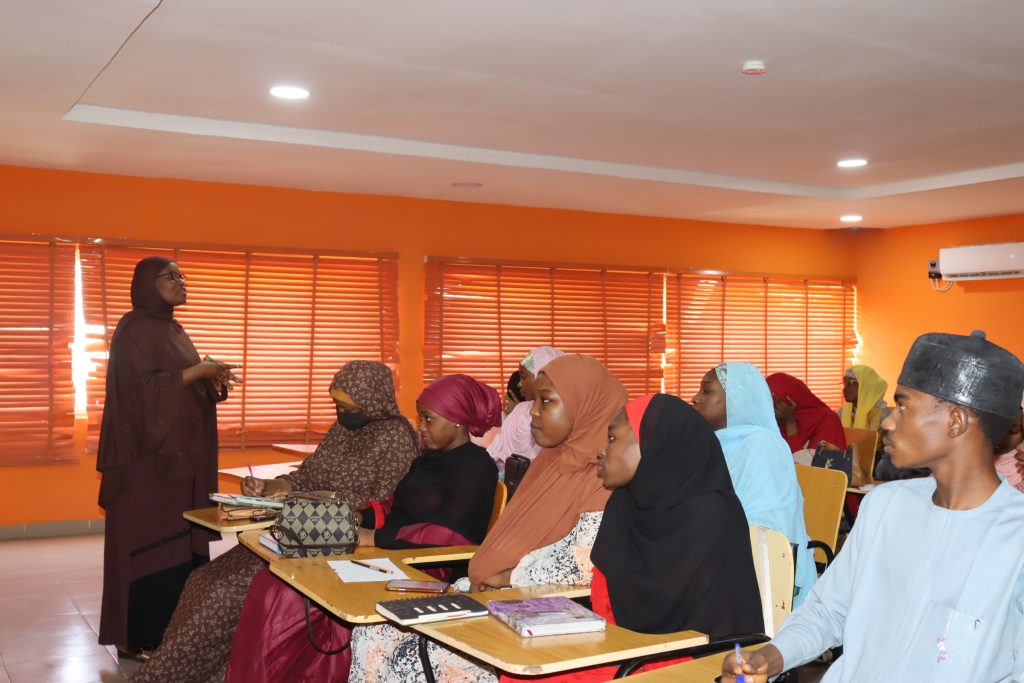In today’s fast-paced digital world, technology plays a vital role in our lives. It impacts business, communication, entertainment, and medical care. But many older adults find it hard to keep up with these changes. This creates a digital divide. It makes it harder for them to stay independent, connected, and informed. Learning basic digital skills, like using computers and social media, can empower senior citizens. These skills will boost their quality of life and help them stay active in today’s digital world. 1. Computer Fundamentals: Developing Technology Confidence Using a computer might be intimidating to many elders. Digital literacy starts with the basics. You need to learn file management, operating systems, and how to navigate the internet. To ensure safe browsing and protect personal information, understanding computer security is key. Senior citizens with good computer skills can confidently explore digital resources. 2. Using Microsoft Office: Essential Skills for Productivity Microsoft Office programs like Word, Excel, and PowerPoint aren’t just for pros. Senior citizens can benefit a lot from using them, too. Senior citizens can improve their social and personal lives. They can use Word to write documents. Excel helps them organize finances. PowerPoint is great for making presentations. Senior citizens skilled with these tools can join online classes. They can also record their experieAnces and family history. This helps them take part in lifelong learning. 3. Using Email to Stay Organized and Connected One of the most important digital communication tools available today is email. Good email skills can help Senior citizens stay in touch with friends, family, and groups. They can use email effectively. To do this, they should avoid spam. They must spot phishing schemes. Also, they should set up folders for important messages. 4. Improving Communication Skills Online Senior citizens can now join online events, have medical consultations, and connect with loved ones. This is all thanks to video conferencing tools like Zoom and Google Meet. Getting good at messaging apps like Facebook Messenger, Telegram, or WhatsApp helps people stay in touch with friends and family often. Digital skills help build strong social connections and reduce feelings of loneliness in online chats. 5. Managing Social Media: Maintaining Involvement and Knowledge Senior citizens can stay informed and entertained by using social media. Sites like Facebook, Instagram, and LinkedIn help them connect with others. Senior citizens can connect with their communities and discover new hobbies using social media. They can also use platforms like LinkedIn, Instagram, and Facebook groups to learn new skills. To ensure a safe and fun social media experience, you need to understand privacy settings. Also, avoid false information and manage your online interactions. Final Thoughts: Welcome to the Digital Future For older people, learning digital skills is becoming a requirement rather than an option. Senior citizens can boost their independence and self-esteem by learning to use computers. They can handle emails, use Microsoft Office, chat online, and connect on social media. This helps improve their overall well-being. Closing the digital divide helps people stay connected and informed. This allows them to live more fulfilling lives. References Draxler, F., Buschek, D., Tavast, M., Hämäläinen, P., Schmidt, A., Kulshrestha, J., & Welsch, R. (2023). Gender, age, and technology education influence the adoption and appropriation of LLMs. arXiv preprint arXiv:2310.06556. Facchinetti, G., Petrucci, G., Albanesi, B., De Marinis, M. G., & Piredda, M. (2023). Can smart home technologies help older adults manage their chronic condition? A systematic literature review. International journal of environmental research and public health, 20(2), 1205. Ramírez-Correa, P. E., Arenas-Gaitán, J., Rondán-Cataluña, F. J., Grandon, E. E., & Ramírez-Santana, M. (2023). Adoption of social networking sites among older adults: The role of the technology readiness and the generation to identifying segments. Plos one, 18(4), e0284585. Rock, L. Y., Tajudeen, F. P., & Chung, Y. W. (2024). Usage and impact of the internet-of-things-based smart home technology: a quality-of-life perspective. Universal access in the information society, 23(1), 345-364. Schroeder, T., Dodds, L., Georgiou, A., Gewald, H., & Siette, J. (2023). Older adults and new technology: Mapping review of the factors associated with older adults’ intention to adopt digital technologies. JMIR aging, 6(1), e44564. Dr. RAGHU YADAGANTI With Eighteen years of expertise in teaching, research, and industry advising in the areas of digital and social media marketing, Dr. Raghu Yadaganti is a seasoned academician, researcher, and consultant. He has a Ph.D. in digital marketing and has published research articles in prominent national and international journals on sales and marketing, making a substantial contribution to the academic community. Additionally, Dr. Yadaganti is the author of a textbook on marketing management that is frequently utilized by professionals and students alike. He has successfully led ten to fifteen workshops on sales management, digital and social media marketing and AI tools for businesses, educators, and entrepreneurs. He is a recognized specialist in digital marketing. Outside of school, he is digital marketing consultant, working with companies create and expand their online presence for ScoutyHyde (Real Estate), Aarohi Trust (Education), and Choices Garments (Textile). He is a highly sought-after trainer in the world of digital marketing because of his proficiency in search engine marketing, analytics, social media strategy, and content marketing. Dr. Raghu Yadaganti provides professionals with hands-on, intelligent, and practical training that equips them to thrive in the constantly changing digital landscape thanks to his robust combination of academic knowledge and industrial experience.

